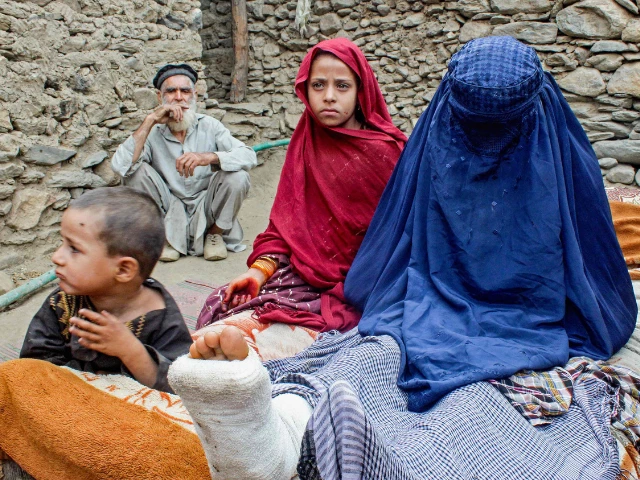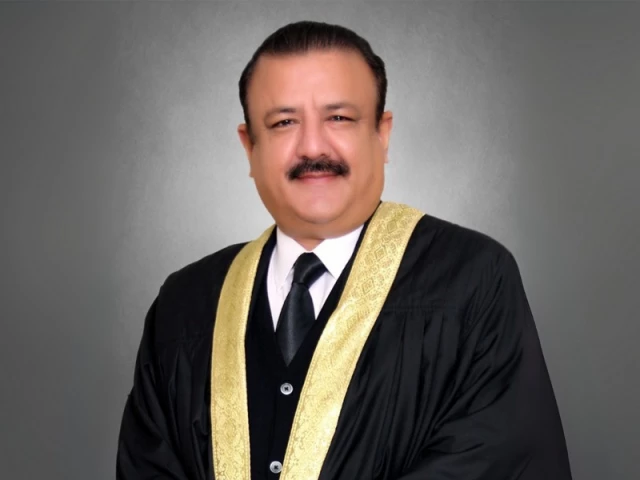The Complex Reality of Afghan Refugees in Pakistan
In light of recent events, the situation of Afghan refugees in Pakistan is becoming increasingly urgent. Following a devastating earthquake in Afghanistan that claimed over 2,200 lives and demolished entire villages, the Pakistani government has made its stance clear: "We decide who stays." This statement comes amidst growing international concern, particularly from Filippo Grandi, the UN High Commissioner for Refugees, who has urged Pakistan to pause its ongoing mass expulsions of Afghans.
For more than four decades, Pakistan has provided refuge to Afghans fleeing various crises, from the Soviet invasion to the recent Taliban takeover. Yet, despite this history, the climate has shifted dramatically. Shafqat Ali Khan, the spokesperson for Pakistan’s foreign ministry, emphasized that anyone without the proper documentation must leave. This strict stance has intensified, with the government attributing a rise in violent incidents to the Afghan population.
As a result, thousands have returned to Afghanistan, with the World Health Organization estimating around 270,000 returnees now residing in the quake-affected areas. These individuals, many of whom had been living in Pakistan for years, face an uncertain future. Some were born and raised in Pakistan, while others were awaiting resettlement in countries like Germany. Yet, their hopes are now jeopardized as they navigate the treacherous landscape of humanitarian crises and governmental policies.
Amidst this backdrop, concerns about the treatment of Afghans who have complied with legal requirements, such as those holding Proof of Registration (PoR) cards, are rising. With a deadline set for September 1 for these individuals to leave or face arrest, the pressure is mounting. Reports of police raids on guest houses, where Afghans have been waiting for decisions on their immigration status, add to the distress.
As you can see, the circumstances surrounding Afghan refugees involve a range of complex issues—from humanitarian rights to national security. While the landscape changes rapidly, the need for compassion and understanding remains clear. If you’re looking to engage with more insightful discussions on humanitarian issues, consider connecting with resources like Pro21st, where we focus on impactful narratives that matter today. Every story shared adds to a broader understanding of challenges faced by communities around the world.
At Pro21st, we believe in sharing updates that matter.
Stay connected for more real conversations, fresh insights, and 21st-century perspectives.





